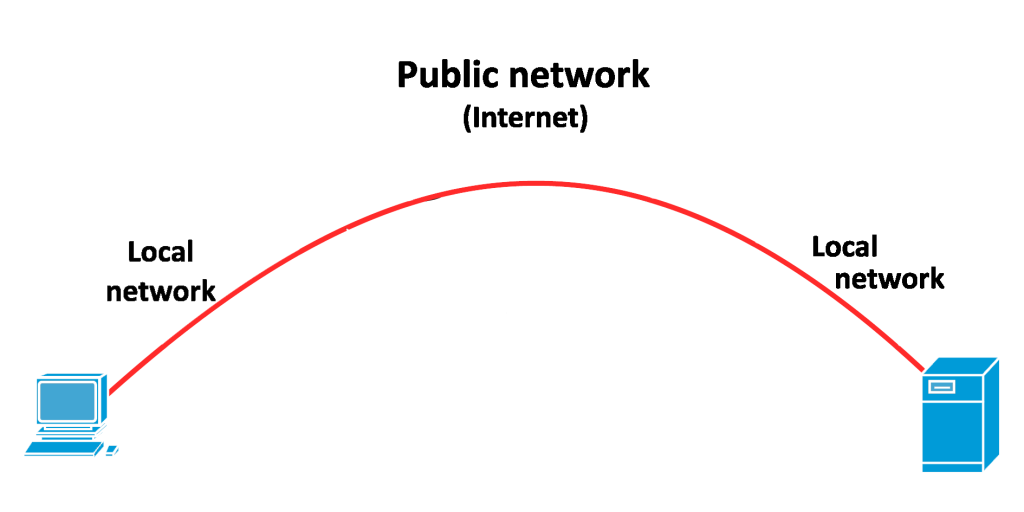VPN Setup Services - Secure & Reliable Remote Access Solutions
RLCS offers professional VPN Setup Services, ensuring secure and reliable remote access for your employees wherever they are.
Establish Secure Connections with Expert VPN Setup
A Virtual Private Network (VPN) is a service that extends a private network across a public network, allowing users to send and receive data as if their devices were directly connected to the private network. VPNs encrypt the user’s internet traffic, ensuring that their online activities remain secure and private. By masking the user’s IP address and encrypting their data, VPNs protect against various online threats, including hackers, data breaches, and surveillance.
VPNs are crucial for safeguarding online privacy and security, especially when accessing the internet over unsecured or public Wi-Fi networks. They create a secure tunnel between the user’s device and the VPN server, preventing third parties from intercepting or monitoring their internet traffic. This encryption also allows users to bypass geographic restrictions and censorship, accessing websites and content that may be blocked in their region.
Furthermore, VPNs offer several benefits beyond privacy and security. They enable users to browse the internet anonymously, protecting their identity and online activities from being tracked or monitored by ISPs, advertisers, or government agencies. Additionally, VPNs can improve internet speed and performance by bypassing network congestion and optimizing data routing. They also allow users to access geo-restricted content, such as streaming services, by connecting to servers located in different countries.
Overall, VPNs play a crucial role in protecting online privacy, security, and freedom. Whether for personal or business use, VPNs provide a secure and reliable way to access the internet, ensuring that users can browse the web safely and anonymously from anywhere in the world.

Explore Our Comprehensive Networking Solutions
Need more networking options? We offer a diverse array of networking solutions to meet varied connectivity requirements.
